Exporters facing significant shrinkage in their working capital under GST; their ability to take new orders are restricting: World Bank
Updated: Nov 21, 2018 08:13:22am
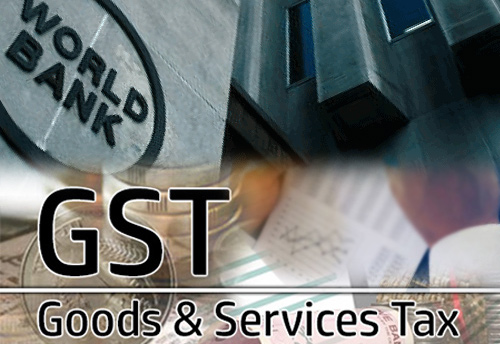
Exporters facing significant shrinkage in their working capital under GST; their ability to take new orders are restricting: World Bank
New Delhi, Nov 21 (KNN) Exporters are facing significant shrinkage in their working capital under the new system which is restricting their ability to take in new orders, said a World Bank Report on Challenges of the Goods and Service Tax (GST) implementation in India.
The report suggested that reducing the cash flow burden on exporters and reducing cases of refunds would require immediate policy interventions.
A Goods and Services Tax in a federal structure by very nature is complex. The GST system in India tries to minimize the complexity by applying a common base and rate across the country. However, the multiple rate structure and an enforcement framework using onerous reporting requirements for businesses places a huge compliance burden on businesses especially SMEs and is having a negative impact on the economy, said the report.
It suggested that the government could reduce the compliance burden on SMEs by providing a longer transition period for them to be part of the full GST requirements.
The World Bank report, released last week, said that the economic impact of the new system will last for at least a few months until businesses can comply with the new system.
The additional cost of compliance and the higher tax compliance is likely to render some marginal businesses unviable which would have real economic impact on investment and jobs.
However, over time, the benefits of the implementation in the form of positive economic benefits such the removal of tax restrictions on free movement of goods across the country and higher tax collection will over time make up the temporary slowdown.
In the interim, the government would need to take additional measures to address these issues of potential slowdown to the economy and minimize any additional compliance burdens on businesses especially SMEs.
Highlighting the issues faced in GST implementation, the report elaborated that these include onerous requirements on businesses on collecting and reporting transaction-wise date onto the electronic portal for all businesses with turnover over 7.5 million rupees a year.
Issues also arise due to identification of the goods and services with a HSN code to arrive at the correct tax rate to apply.
Exporters who earlier had benefited from tax exemptions on their inputs are now required to pay taxes on inputs up front and claim their refunds after filing of tax returns. Exporters are required to also collect tax on exports as it were a domestic sale if they do not have a Letter of Undertaking or Bond.
This is putting pressure on the working capital of small exporters, said the World Bank report.
It said informal businesses are under severe pressure having to now pay taxes (and the additional cost of compliance) and marginal businesses are likely to close thus having a real economic impact which could spread down the value chain. Some of these issues such as classification and uploading of returns are transitory, however structural issues on multiple rates and treatment of exporters and marginal businesses will continue.
On Political Economy of the implementation of the GST, the report said the government had a limited window to implement the GST before the political cycle kicked in. This may have played into the hurried implementation without full preparation.
The government hoped that by the time the next elections campaigning begins at the end of 2018 the issues in the GST would have settled and the benefits of the implementation in the form of positive economic benefits such the removal of tax restrictions on trading and higher tax collection.
Highlighting the potential ways to address the issues faced by businesses on the implementation of the GST, the World Bank’s report suggested allowing longer period for filing of tax returns such as quarterly filing; supporting taxpayer assistance like the Tax Return Preparer Scheme for Income Tax; Introducing a GST suspension regime for small exporters; Allowing automatic refunds for certain categories of exporters using a risk based approach; Moving to fewer tax rates to address the issue of classification and refunds; Postponing the introduction of the e-way bill until the system stabilizes; and Clarifying to taxpayers the administration of the GST by the dual Central and State Tax Administrations.
The report pointed that prior to the GST, exporters did not pay VAT on their inputs that were imported. Under the new GST, exporters are required to pay GST taxes on all inputs including imported inputs and these taxes can be credited and as exports are zero rated the entire tax is refunded to the exporter.
However, and a refund will be available only if all the input taxes are deposited by the suppliers of these inputs. Further, under the new GST, exporters are required to also collect tax on exports as it were a domestic sale if they do not have a Letter of Undertaking or Bond.
On issues in uploading of tax returns, the report said tax returns are required to be filed every month requiring the need for additional accounting support. The additional cost on accountants especially for SMEs are non-trivial. There are reports that due to the paucity of qualified accountants available, the additional cost of accountant is on average Rs.10,000-15,000 (US$ 150-230) per month per SME.
On issue in refunds for exporters and others, the World Bank report said odeally refunds should arise mainly in the case of exporters and in the case of long gestation projects where items are delivered long after inputs were purchased.
However, refunds may also arise due to the design of the GST with multiple rates. If businesses are making sales at a lower rate but pay tax on inputs at a higher rate then refunds may result in the natural course of business.
Exporters have been badly hit by the requirement to pay tax on imports up front resulting in cash flow issues unlike in the past they have been benefiting from tax exemptions on their inputs. This has put a lot of pressure on their working capital requirements. Further, refunds are not yet being issued expeditiously as the system is designed to be risk averse to any fraud that may arise on refunds. Other transition issues include delays in providing formats for Letter of Undertaking and Bond for exporters to export without paying taxes on export sales.
According to Federation of Indian Export Organisation (FIEO), exporters have stopped taking orders with least or no working capital at their disposal due to blockage of funds under GST and uncertainties looming large on refunds for the months of July to October, 2017.
Suggesting ways to address the issue of Refunds to exporters, the report suggested that reducing the delays on issuing refunds could be done by providing them on a risk basis whereby refunds are provided automatically at the end of the return filing process in cases where the business has a good track record of compliance reserving additional scrutiny only for high risk cases where refunds are demanded.
In the medium to long term two additional steps could be contemplated to address this issue:
Allow suspension of VAT for exporters who source their inputs from exports. This reduces the burden on exporters as otherwise tax is paid to the treasury on imports only to reclaim it on exports. Such a system addresses their cash flow problems that the current system has created.
Move to a single rate of VAT which addresses multiple issues including refunds as well as difficulties in classification of sales under the various rates mentioned above. (KNN Bureau)

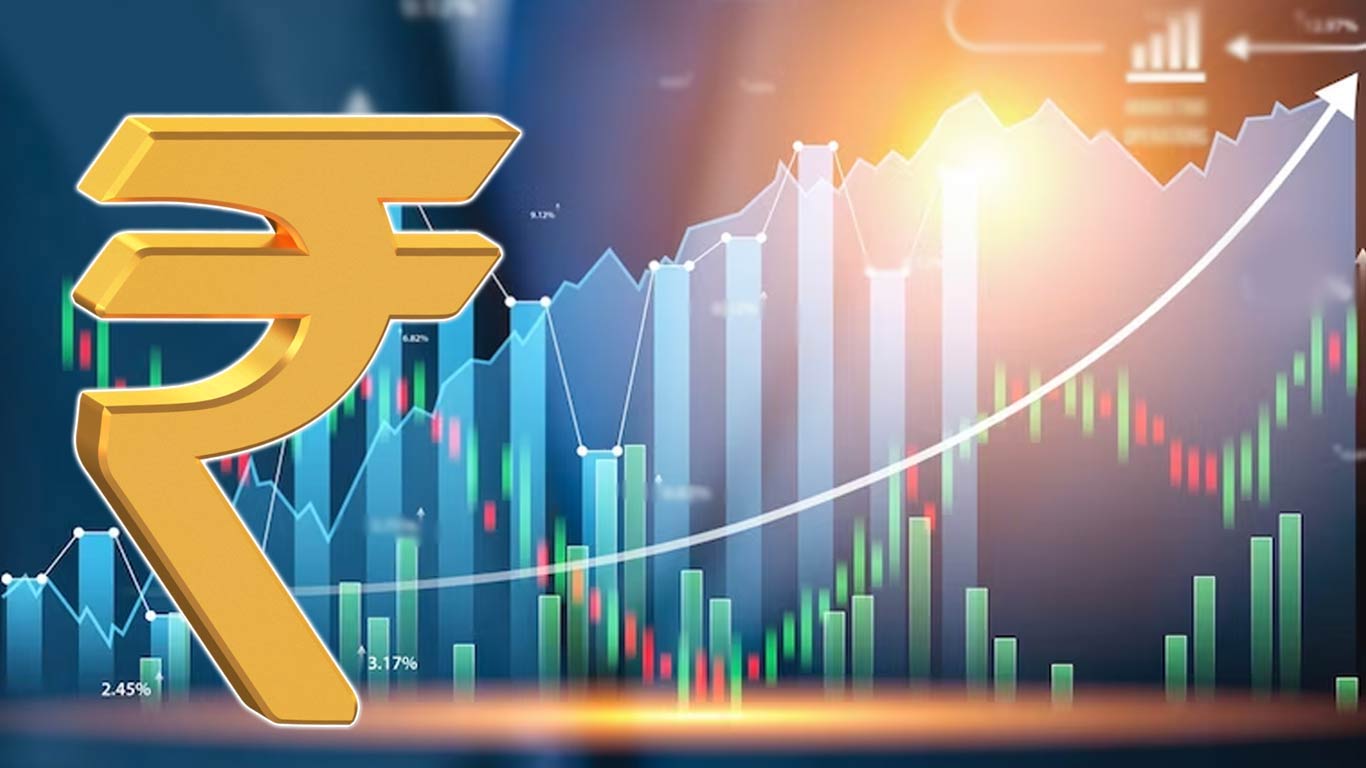
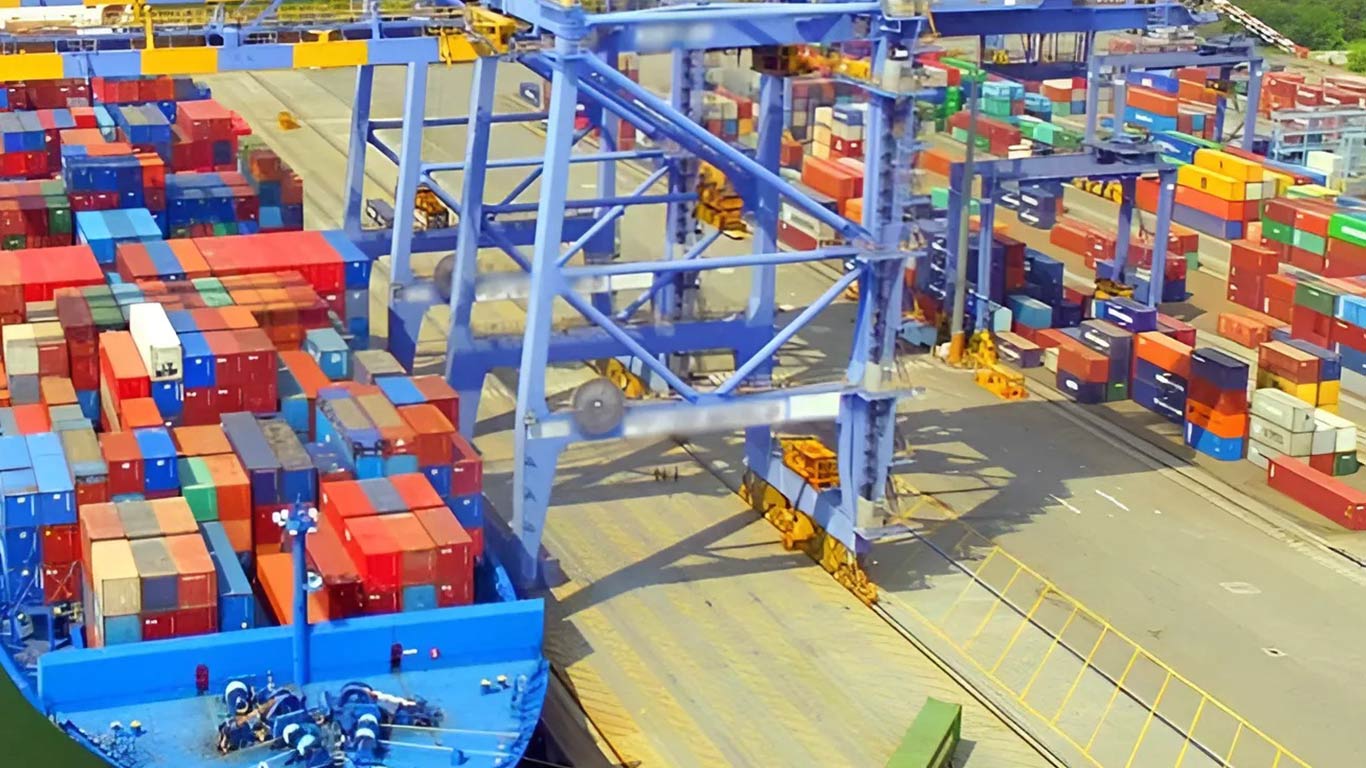

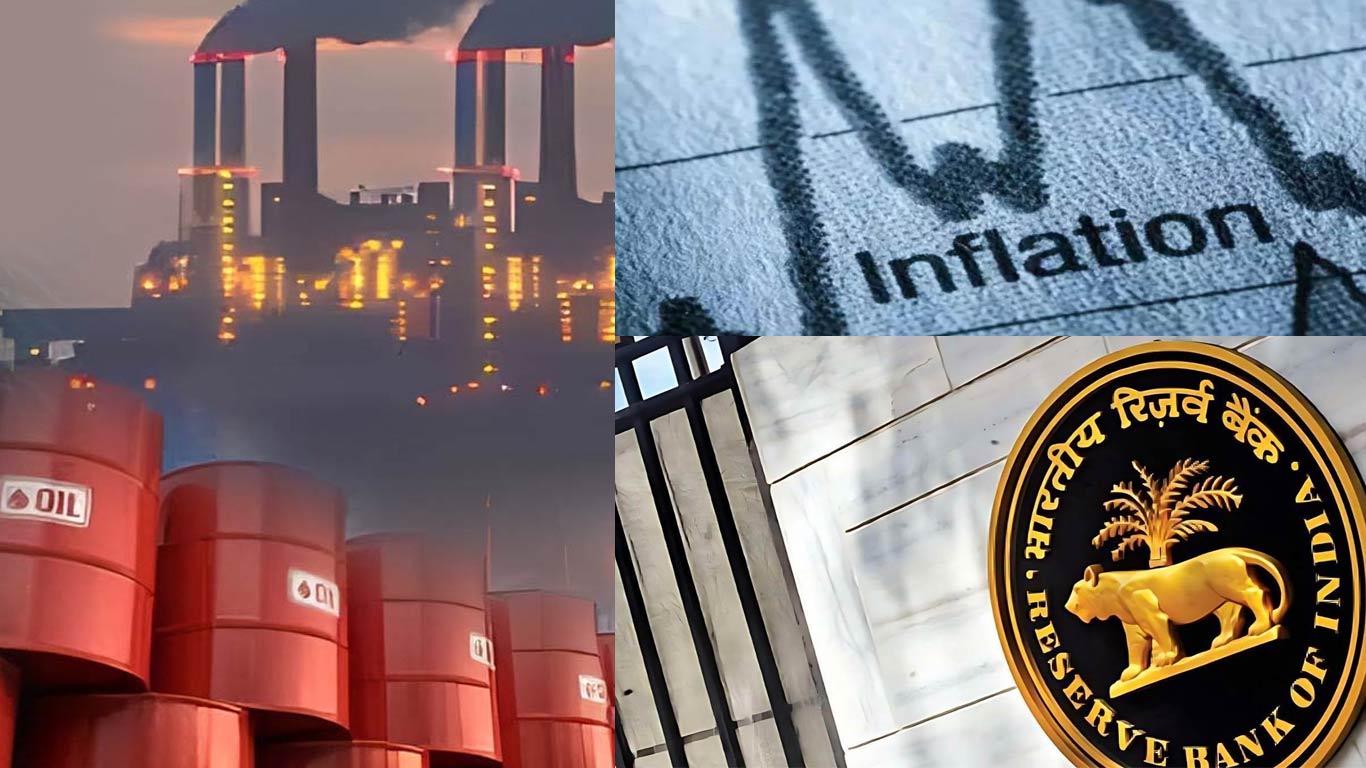
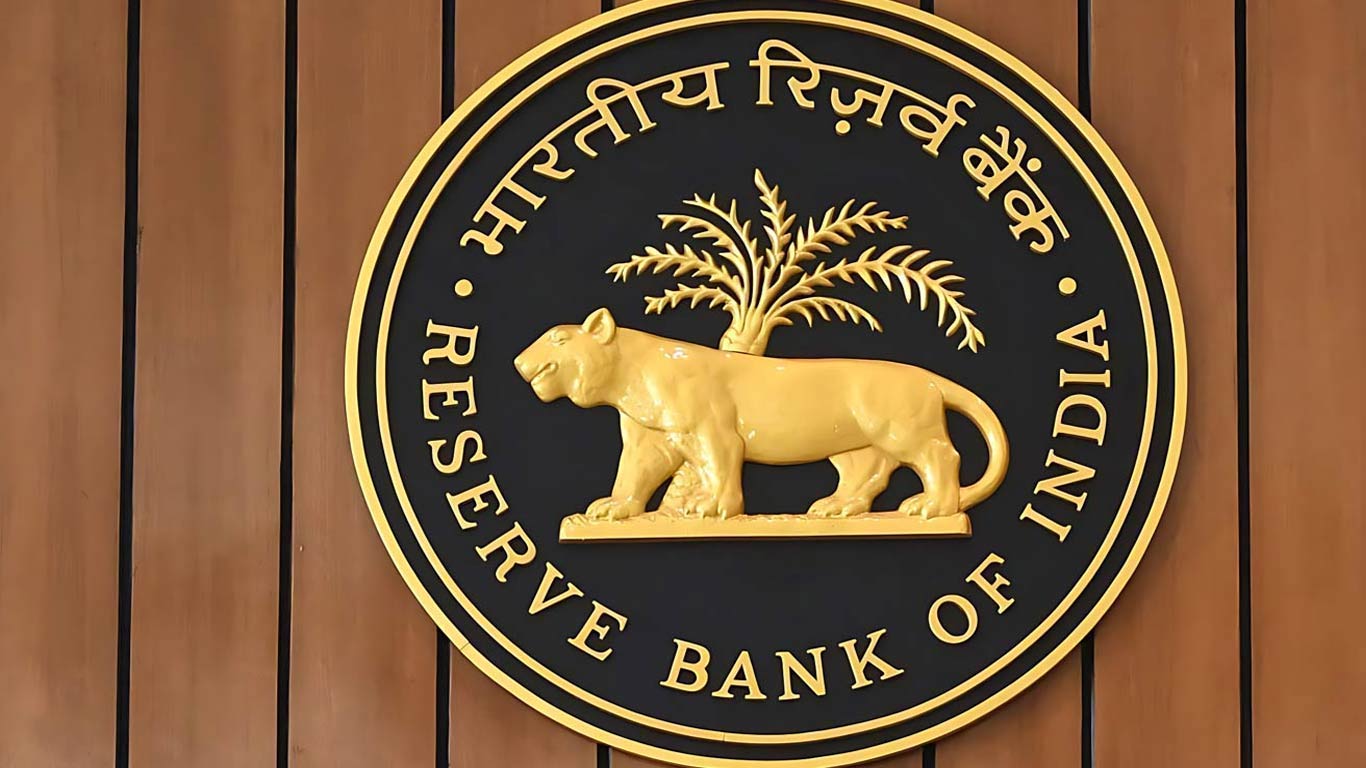





